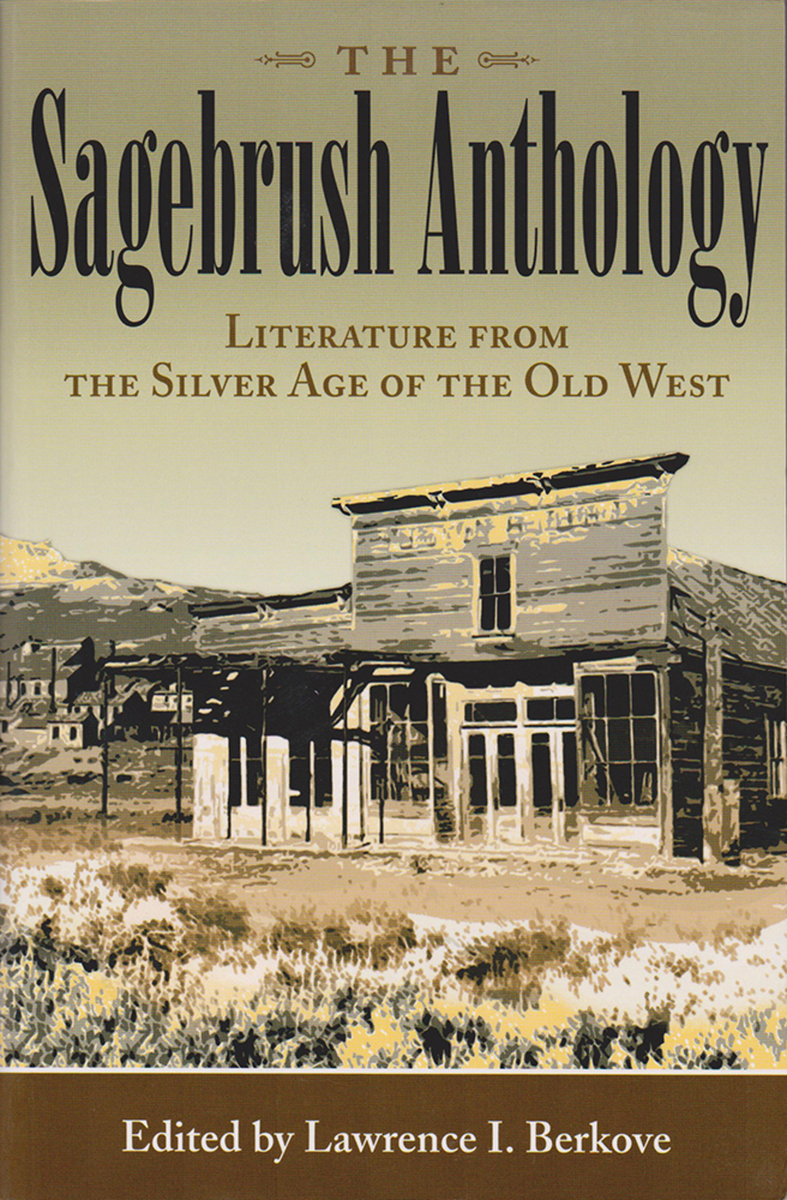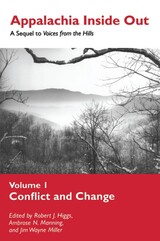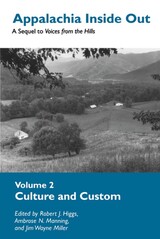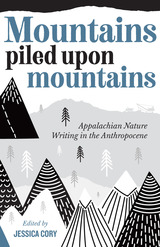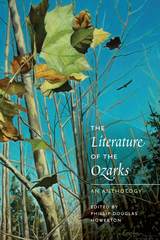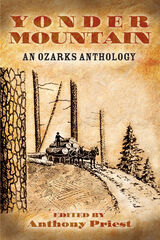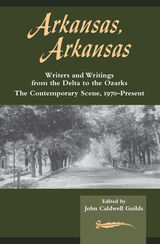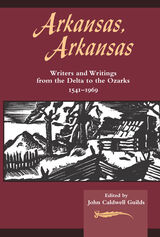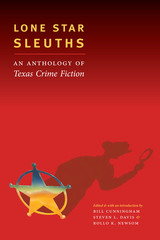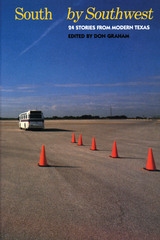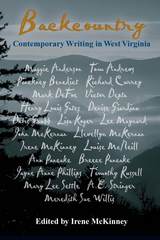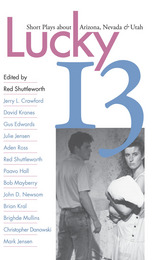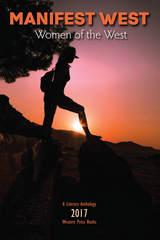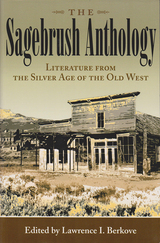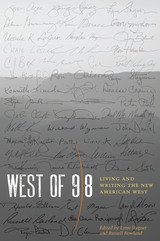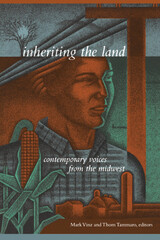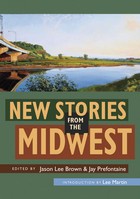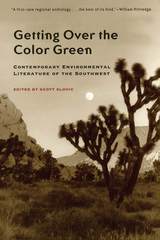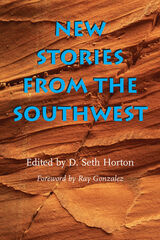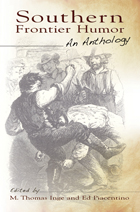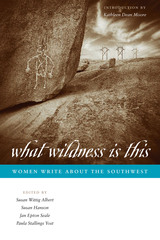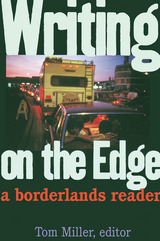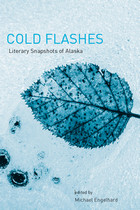The Sagebrush Anthology: Literature from the Silver Age of the Old West
University of Missouri Press, 2006
eISBN: 978-0-8262-6513-5 | Cloth: 978-0-8262-1662-5 | Paper: 978-0-8262-1651-9
Library of Congress Classification PS561.S24 2006
Dewey Decimal Classification 810.809793
eISBN: 978-0-8262-6513-5 | Cloth: 978-0-8262-1662-5 | Paper: 978-0-8262-1651-9
Library of Congress Classification PS561.S24 2006
Dewey Decimal Classification 810.809793
ABOUT THIS BOOK | AUTHOR BIOGRAPHY | REVIEWS | TOC
ABOUT THIS BOOK
Sagebrush School is a term applied to a group of writers who spent their creative years in Nevada from the 1860s to the early twentieth century—its most illustrious representative being Mark Twain. Yet most of their work was never republished from the periodicals in which it first appeared and today remains largely unknown to many scholars and aficionados of Western literature.
Lawrence I. Berkove, acknowledged as the leading authority on this body of literature, has assembled an exceptional collection that rescues the lively works of the Sagebrush School from the dusty archives in which they have languished. The Sagebrush Anthology enlarges Mark Twain’s circle to encompass the Sagebrush Bohemians through a compelling blend of humorous and serious fiction, memoir, nonfiction, letters, and poetry. These selections convey the experiences shaped by Nevada’s rough-and-tumble culture, abounding in wit and humor—with a fondness for literary hoaxes—that were the last major formative influence on Twain.
The anthology contains sixty-eight selections—seven by Twain—representing outstanding work by accomplished Sagebrushers Dan De Quille, Sam Davis, Joe Goodman, and Rollin Daggett, plus pieces by lesser-known writers such as Arthur McEwen, Alf Doten, and Fred Hart. Berkove’s introduction recounts the history of the school and identifies and analyzes its main thematic and stylistic characteristics. He shows that Sagebrush literature records and reflects the collision of the last generation of frontiersmen with the new culture of technology, industry, and big business—men of talent, imagination, and integrity driven to work out distinctive ways of coping with an unresponsive system of justice, an economy tilted toward the rich, and a society that impinged on individual liberties.
Although many critics have noted the influence that this period had on Twain when he lived in Virginia City, few have delineated the influence of specific writers on his style. The Sagebrush Anthology not only shows that some of the ideas and literary techniques credited to Twain can be seen as characteristics of the school that he assimilated and refined, but it also fosters an appreciation of these other writers in their own right, showing that their work encompassed topics and genres that Twain barely addressed. By casting new light on the movement, it invites students and general readers to appreciate a silver flowering of Western literature that remains entertaining and instructive for our own time.
See other books on: Berkove, Lawrence I. | Literary collections | Old West | Silver Age | West (U.S.)
See other titles from University of Missouri Press
